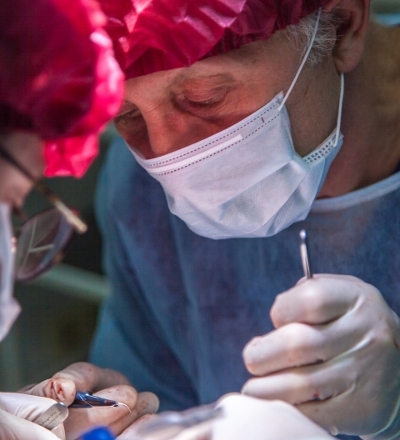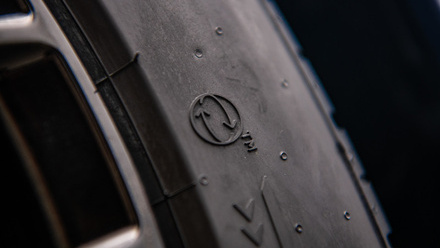Advancing sustainability in latex glove manufacturing
Energy savings can be made with the development of more sustainable, biodegradable, protein-free, natural rubber gloves.

Cranfield University, UK, researchers in partnership with Meditech Gloves, Malaysia, a manufacturer of examination and surgical gloves, has found a route to more sustainable gloves, with reduced allergens.
While the natural rubber (latex) biodegrades 100 times faster than synthetic rubber, its use is limited due to skin allergies caused by the presence of proteins. A special formulation of natural rubber latex can remove this problem and potentially reintroduce natural, sustainable raw latex to the industry on a mass scale.
Global glove surge
During the Covid-19 pandemic Meditech doubled the production of gloves in response to the surge in demand. Currently, most of the gloves produced to satisfy this surge in demand are made from petroleum-based nitrile rubber and most will reach landfill.
Cranfield University’s initial research found that time and energy savings of up to 50% can be achieved in a revised manufacturing process, while modifying the formulation of the latex to deactivate the naturally occurring proteins within the original natural latex.
Currently a mannequin hand is used as a mould, dipped into a bath of natural latex rubber mixed with water which coats the ‘hand’ to produce the glove. However, significant wastage of both raw materials and energy occurs during the dipping method, the drying and curing procedure. The new formulation of the natural latex is not only eliminating the protein allergy issue but also making the process of glove manufacture faster and more energy efficient.
The next phase of the Cranfield study will investigate how the natural latex raw material can be modified to rapidly enhance the biodegradability of natural rubber gloves.







